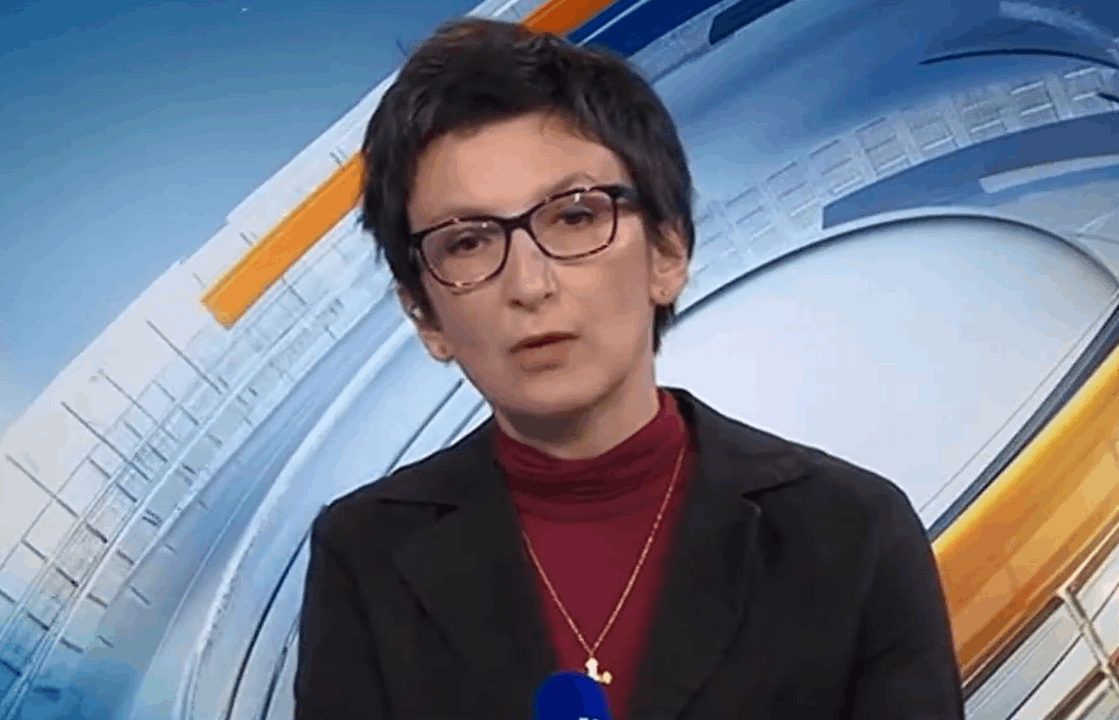Change language:
Scientist of Hungarian origin can treat cancer with viruses? The miraculous recovery of Dr Beáta Halassy

Dr Beáta Halassy, a virologist at the University of Zagreb, has made headlines with her extraordinary personal battle against breast cancer. When her cancer returned four years ago, she refused another gruelling round of chemotherapy. Instead, she turned to her scientific expertise to create a genetically engineered virus treatment that exposed cancerous cells to her immune system. The results? Four years of cancer-free living. Yet, despite her remarkable recovery, she continues to face scepticism from the scientific community.
No more chemotherapy
Dr Beáta Halassy’s ordeal began with a stage-three breast cancer diagnosis, a life-threatening condition with a significant risk of metastasis. Following several rounds of aggressive chemotherapy and a mastectomy, her cancer returned in 2020. This time, she rejected conventional treatments, opting instead to rely on her decades of experience as a virologist
Dr Halassy developed a “virus cocktail” that she injected directly into the tumour in her chest. Initially, the tumour grew, leaving her desperate. But after 50 days, it began to shrink, eventually becoming small enough to be surgically removed.
How does Beáta Halassy’s virus cocktail work?
Dr Beáta Halassy’s success lies in her innovative use of genetically engineered viruses. Combining strains of measles and vesicular stomatitis virus (VSV), her cocktail specifically targeted cancerous cells. These viruses penetrated the malignant cells, effectively “opening” them so her immune system could identify and destroy them. Crucially, the viruses replicated only within cancerous cells, leaving healthy tissue unharmed.

The experimental nature of her treatment came with significant risks. To start with the least concerning one, she could have lost valuable weeks if the treatment had failed. Additionally, there was a serious danger of developing fatal complications, such as blood clots in her lungs. Despite these risks, her oncologist agreed to monitor the process and stood ready to intervene with conventional chemotherapy if necessary. Fortunately, no such intervention was required.
Dr Halassy has now been cancer-free for four years. During this time, she has worked to publish her findings and share the story of her recovery. However, gaining scientific and medical recognition has proven challenging.
Ethical questions from medical journals
The therapy Dr Halassy used is part of an emerging experimental field called oncolytic virotherapy (OVT).
“The strain of measles she chose is widely used in childhood vaccines, and the strain of VSV induces causes mild influenza-like symptoms”, Daily Mail wrote.
Medical journals initially refused to publish her results, citing ethical concerns. Critics feared that her success story might encourage cancer patients to pursue similar unregulated treatments, despite potential risks. Jacob Sherkow, a law and medical ethics researcher at the University of Illinois Urbana-Champaign, commented on these concerns. “Her paper, finally published in the journal Vaccines, should have addressed the ethical implications of such a treatment,” he said.
Dr Beáta Halassy herself acknowledged the limitations of her approach. “Maybe they do not always work as well as other treatments, but they are certainly less destructive,” she told Uncharted Territories.
Hope for a new era in cancer treatment
The potential impact of Dr Halassy’s treatment is vast. With hundreds of thousands of patients suffering from advanced cancers—such as breast, lung, prostate, and melanoma—there is an urgent need for less toxic and more effective therapies. Dr Halassy’s case provides a glimpse of what might be possible.
“Breast cancer remains the most common cancer worldwide and the leading cause of cancer-related death among women, accounting for 2.3 million diagnoses and 670,000 deaths in 2022, according to the World Health Organization (WHO)”, Medical Notes wrote.
Hungarian Roots
While Dr Halassy’s groundbreaking work is based in Croatia, she is of Hungarian descent, a detail noted by the Hungarian outlet Ripost. Her story is not only a testament to scientific ingenuity but also to the courage and determination of one woman to rewrite the rules of her own treatment.
The question now is whether regulatory authorities and the broader scientific community will embrace oncolytic virotherapy, potentially bringing this innovative approach to patients in need around the world.
Read also:








What an amazingly courageous and intelligent woman. She wouldn´t be the first scientist who was doubted by peers but eventually paved the way for new inventions in medical science. I hope science community will find a way to fund further research based of Dr Halassy’s findings and design ethical ways to test her cancer treatment in a larger scale to verify the findings and to create new less destructive cancer treatment than chemotherapy.
Hope that this treatment will revolutionize the treatment of breast cancer. Well done.